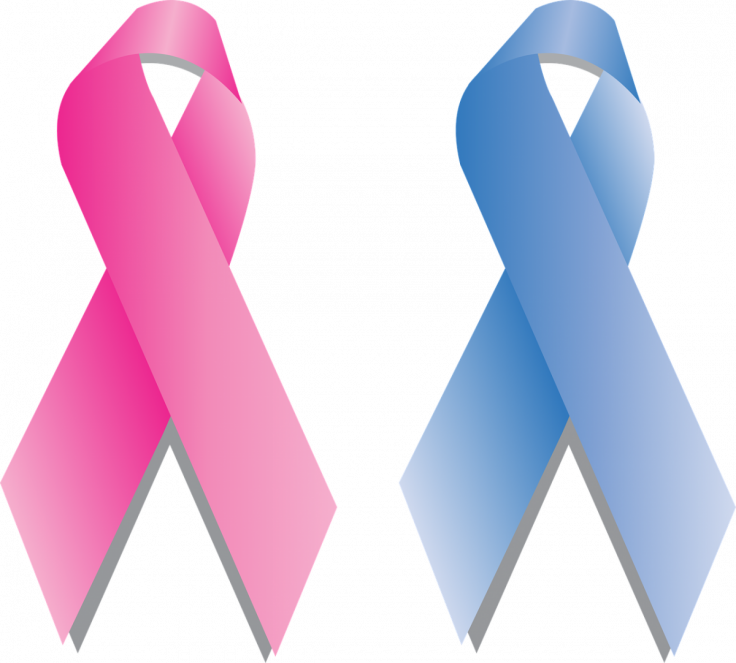When people below the age of 60 develop stomach cancer, they develop a form that is genetically and clinically distinct from the one older adults develop, says a new study. According to the research by Mayo Clinic, this form of cancer develops and progresses aggressively, and conventional chemotherapy remedies may prove ineffective in treating it.
"I think this is an alarming trend, as stomach cancer is a devastating disease," said senior author Travis Grotz, MD.
The study notes that while there is a decline in the rates of cancer in older patients, there has been an incidence in the rate of early onset of cancer, which accounts for over 30% of the total number of stomach cancer diagnosed.
Incidence of early onset of stomach cancer
For the study, the researchers scrutinized 75,225 cases from various cancer databases to examine stomach cancer statistics from 1973 to 2015. They say in the study that the average of receiving a stomach cancer diagnosis these days is 68. However, people between the ages of 30-60 are at an increased risk of developing stomach cancer.
"Typically, we see stomach cancer being diagnosed in patients in their 70s, but increasingly we are seeing 30- to 50-year-old patients being diagnosed," said Dr Grotz, in a statement.

During the course of the study, the researchers found that there was an annual decrease of 1.8 percent in the rise of late-onset stomach cancer. Although, from a 1.9 percent annual decline between 1973 to 1995 in the early onset of stomach cancer, there was an annual increase of 1.5 percent through 2013. Another alarming finding was that the current number of early-onset cases formed 30 percent of the total number of stomach cancer cases, which is a sharp spike when compared to 18 percent in 1995.
Dr. Gotz said that the rise in the rate of early onset of the disease is not from earlier screening or detection. "There is no universal screening for stomach cancer, and the younger patients actually presented with late-stage disease than the older patients," he added.
A new form of cancer altogether
Another concerning find in the study was that the early onset of cancer was not only deadlier but also genetically and molecularly distinct. While there was no clear demarcation for the cutoff age for early-onset and late-onset, the study discovered that the distinctions applied irrespective e of whether the cutoff age was 40, 50 or 60. Also, traditional causes of stomach cancer among older Americans showed no correspondence with its early onset equivalent.

Signs youngsters should not ignore
Gortz urged younger patients to pay heed signals such as fullness before the completion of a meal, abdominal pain, reflux, difficulty eating, and unintentional weight loss, and seek medical assistance immediately when they experience these symptoms
The study is of significance, as according to the World Health Organization (WHO), cancer was the second leading cause of death globally in 2018. Stomach cancer, in particular, was the third-highest contributor to cancer deaths in 2018. Also, stomach cancer is the 16th most common form of cancer in the US according to the American Cancer Society, with a five-year survival rate of 31.5 percent.
"Hopefully, studies like this will raise awareness and increase physician suspicion of stomach cancer, particularly in younger patients," said Gortz.









